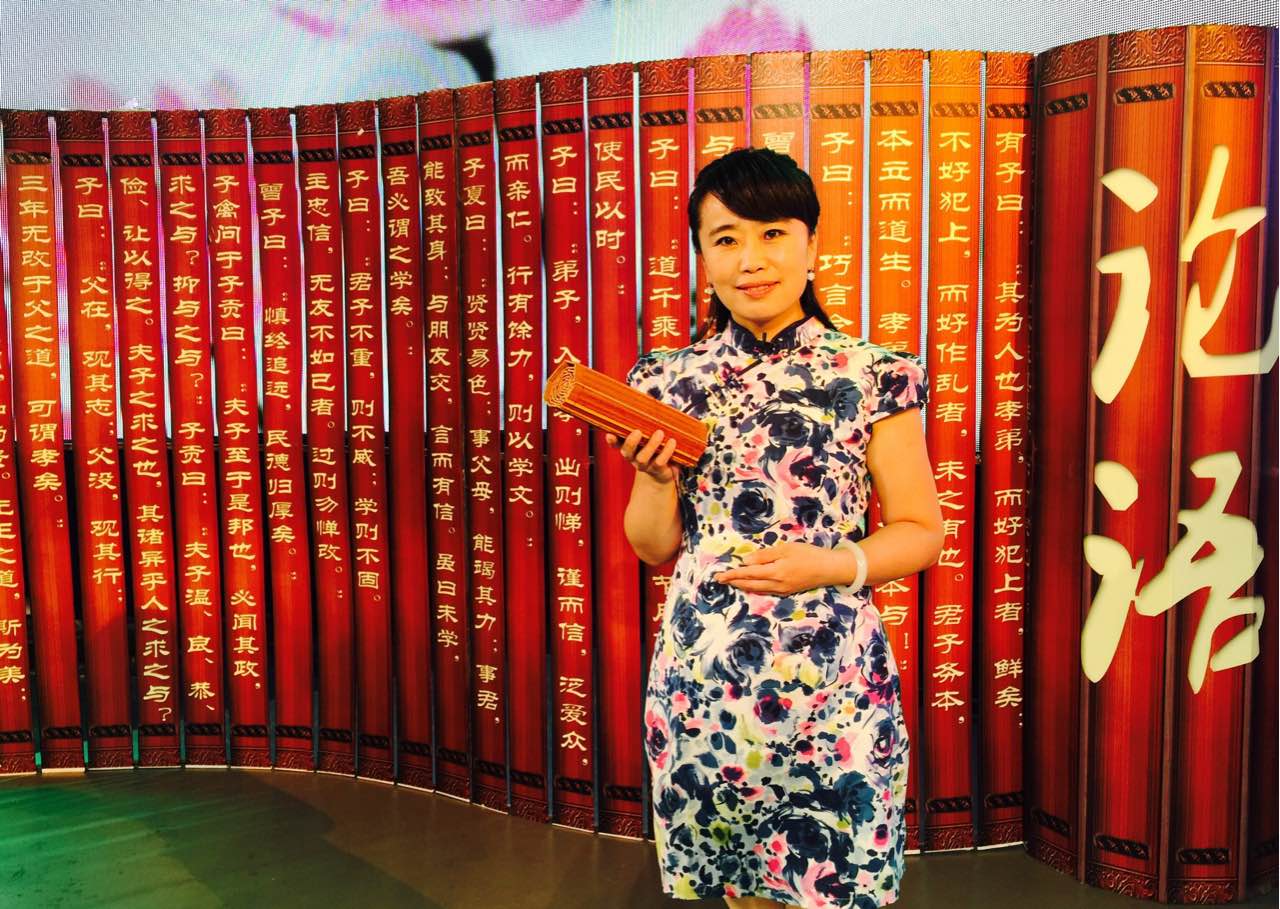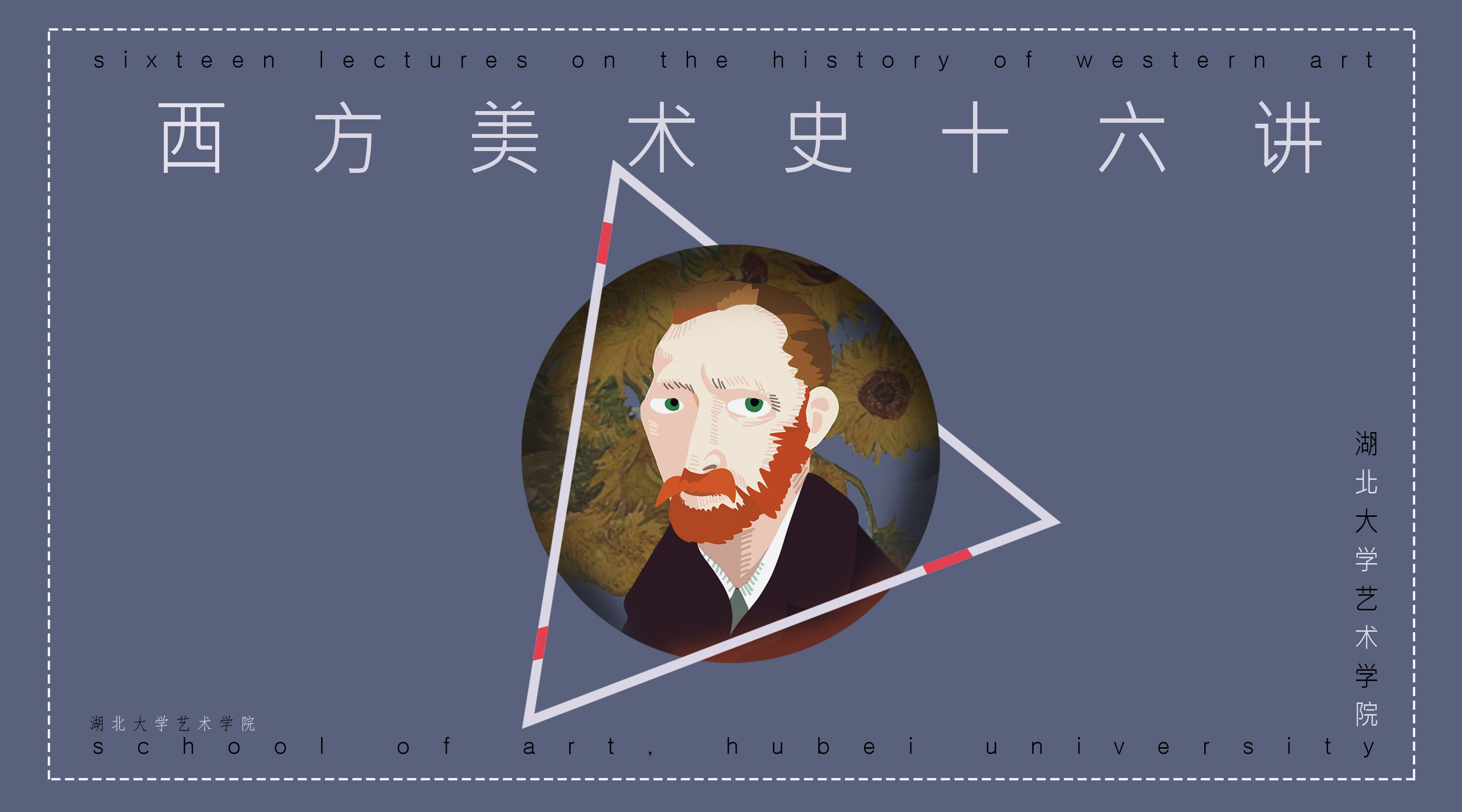
当前课程知识点:Hospitality English > 6 ESSENTIALS IN COMPLETING MTA THESIS > 6.2 Stages of Completing a Thesis > 6.2.4 Thesis initiation stage - research proposal
返回《Hospitality English》慕课在线视频课程列表
In this video, you will learn the research proposal, which is the third step of the thesis initiation stage.
So, what is the research proposal?
Why is it important?
And how to write it?
We would like to invite you to share some thoughts in the comments section below.
返回《Hospitality English》慕课在线视频列表
在完成研究设计之后
你必须撰写研究计划
研究计划是论文启动阶段的第三步
那么 研究计划是什么
为什么重要
最重要的是 如何编写
我们将详细讨论研究计划
研究计划是对你的研究想法
或你打算从事的研究项目的总结概括
研究计划书向专家组解释了您的想法 研究的意义
范围和新颖性
从而说服专家组或研究委员会
将来对该课题进行研究
研究计划书让读者对你的项目有一个清晰的概念
你想达到什么目标
以及你想如何实现
当研究计划被专家组
或研究委员会接受后
你才能继续进行研究工作
但这里有一个问题
如何写出一份好的研究计划书
以获得委员会的认可
研究报告的撰写格式
可能因机构而异
但一份好的研究报告包括引言
文献综述 研究框架
研究方法和参考文献
在引言部分
你必须提供你的研究思路的背景
包括关于研究主题的信息
描述问题
并说明研究的重要性或意义
此外 简要说明你的研究与其他研究有何不同
以及它对新知识或文献的贡献
然后 列出你想要达到的研究目标
或解决的研究问题
第二部分是文献综述
在文献综述中
你必须简要说明你的研究工作
是基于以前的研究和理论
在这一部分中
你必须提出假设
解释研究框架
下一部分是研究方法
你将解释你将如何进行研究
你将使用什么数据类型
以及将使用什么方法收集数据
此前 我们已经在研究设计部分中
详细讨论了这些问题的答案
最后一步是参考文献
参考文献很重要
这将显示出你读了多少文献
你对这个研究课题有多少认知
因此 遵循这四个步骤
可以帮助你写出一份优秀的研究报告
但有时 学生的研究建议
即使遵循这四个步骤
也会因为一些错误而不被接受
因此 有必要把重点放在那些更重要的事情上
那么 除了以下的计划书格式
写一份好的研究报告还有哪些策略
在撰写研究计划时
需要考虑一些基本的事情
包括首先 牢记要求
即每个组织或机构
都有一些需要遵循的条件或标准
因此 遵循给定的指导原则
包括格式 页数
和字数都很重要
第二个重要的是
要把重点放在主要的研究课题上
这意味着你需要特别关注你所选择的研究主题
并解释你感兴趣的领域
而不是超越主题 使之笼统
并确保研究目的或研究问题
与研究主题相关
第三件重要的是
简要说明你的研究的创新性或贡献
因为创新性部分可以吸引专家组关注你的研究
有时学生会遗漏对创新性的解释
他们的研究提议将会被拒绝
第四部分是研究方法和工作安排
它简要介绍研究方法
如何 何时 何地进行研究
第五点是研究计划书要简洁明了
这意味着你必须简明扼要地解释你的研究领域
但它应该反映你的工作计划
当研究计划书被委员会接受后
下一步就是开始研究计划的工作
-1.1 Hospitality and Tourism
--1.1.1 Introduction of hospitality
--1.1.2 Introduction of tourism (1)
--1.1.3 Introduction of tourism (2)
--1.1.4 Basic conception of tourism (1)
--1.1.5 Basic conception of tourism (2)
-1.2 Tourism Industries
--1.2.4 Convention & exhibition
--1.2.5 Entertainment & recreation
-1.3 Nature of Tourism Businesses
--1.3.2 Characteristics of hospitality
--Week 1 Quiz
-2.1 Basic Approaches and Etiquette of Hospitality
--2.1.1 Basic approaches and etiquette of hospitality
-2.2 Meet and Greet at Accommodations
--2.2.3 Know how to offer more
-2.3 Meet and Greet at Other Situations of Hospitality
--2.3.1 At transportation services
--2.3.3 At conventions and exhibitions
--2.3.4 At entertainment and recreation situations
-2.4 Communication Skills of Online Travel Agency
--2.4.1 Communication skills of online travel agency
--Week 2 Quiz
-3.1 Culture and Communication
--3.1.2 The characteristics of culture
--3.1.3 What is communication?
--3.1.5 Myths of communication
-3.2 Barriers to Cross-cultural Communication
-3.3 Cross-cultural Communication
--3.3.2 Cross-cultural verbal communication
--3.3.3 Hofstede's cultural dimensions (1)
--3.3.4 Hofstede's cultural dimensions (2)
-3.4 International Practice in Cross-cultural Communication
--3.4.1 International practice in cross-cultural communication
--Week 3 Quiz
-4.1 Getting to Know Tourism Literature
--4.1.1 Significance of tourism literature
--4.1.2 Proper way to choose for reading
-4.2 Capturing the Main Ideas
--4.2.1 Starting with the title & abstract
--4.2.2 Following the structure to focus
--4.2.3 Identifying topic sentences
-4.3 Accumulating Idiomatic Expressions
--4.3.1 Expressions of defining & categorizing
--4.3.2 The extensive use of passive voice
-4.4 Summarizing Reading & Thinking
--4.4.1 Writing a summary of your readings
--4.4.2 Taking notes of your thinking
--Week 4 Quiz
-5.1 What Is A Literature Review
--5.1.1 The definition and types of literature review
--5.1.2 Systematic approaches of literature review
-5.2 Collection and Analysis of Literature
--5.2.2 Methods of literature collection
--5.2.3 Analysis of literature
-5.3 Content of Literature Review
--5.3.1 Concepts, propositions, and theories
--5.3.2 Conceptualization and theoretical framework
--5.3.3 Operationalization of the research framework
-5.4 Evaluate Your Literature Review
--5.4.1 Evaluation of your literature review
--Week 5 Quiz
-6.1 Basic Structure of MTA Thesis/Project
--6.1.5 Reference and acknowledgement
-6.2 Stages of Completing a Thesis
--6.2.1 Thesis initiation stage - research design
--6.2.2 Thesis initiation stage -research methodology(1)
--6.2.3 Thesis initiation stage - research methodology(2)
--6.2.4 Thesis initiation stage - research proposal
--6.2.5 Thesis writing and completion stage
-6.3 Essentials in Managing a Successful Thesis
--Week 6 Quiz
--Final Quiz


